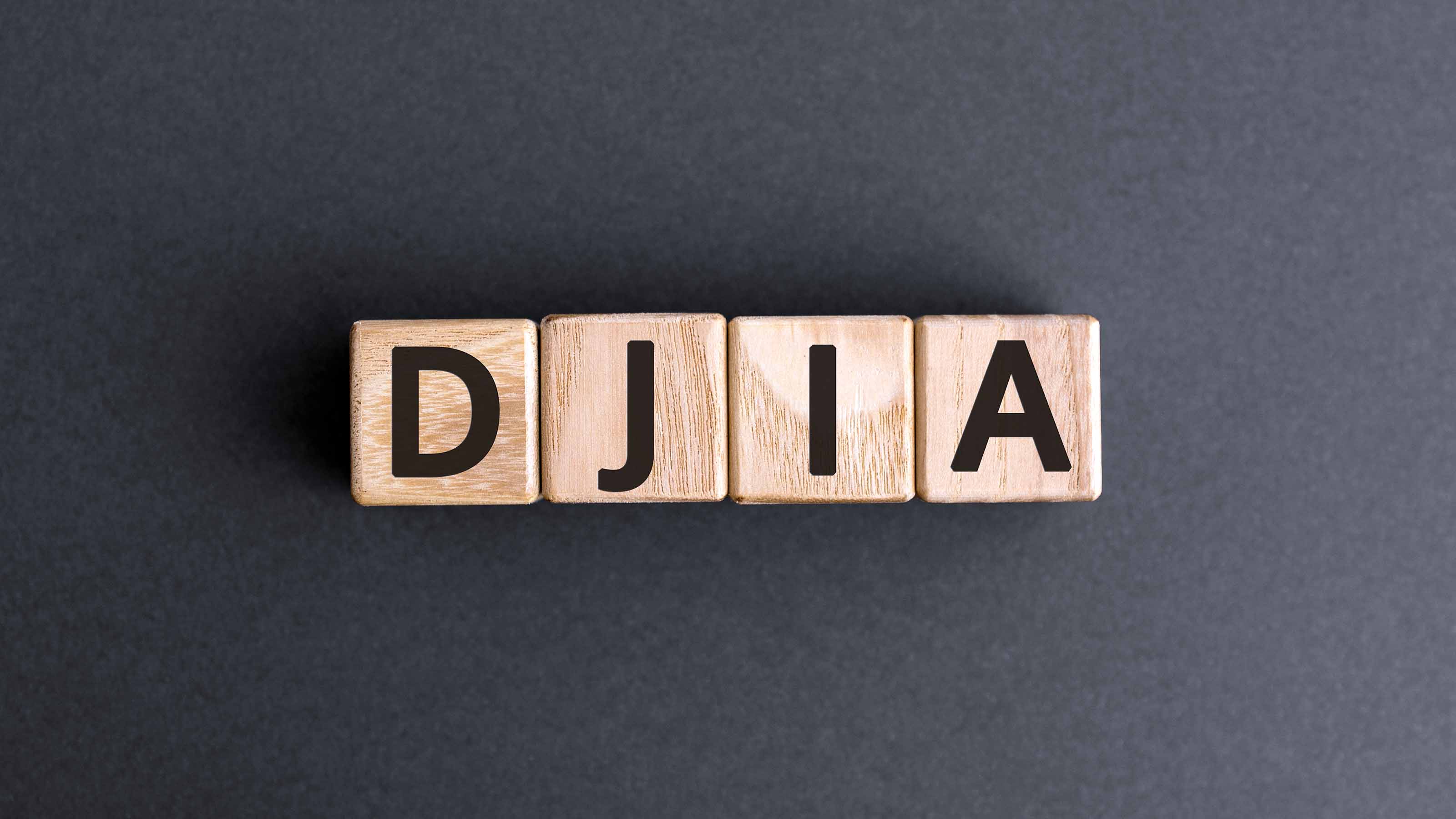
There are several ways to measure the performance of the stock market, including using the Dow Jones Industrial Average. But what is the Dow Jones?
To be exact, the Dow Jones, which is also known as the Dow or the DJIA, is a price-weighted index of 30 blue chip stocks on the New York Stock Exchange (NYSE) and the Nasdaq. These companies are well-established with strong fundamentals and are typically considered to be lower risk. The Dow measures the price action of these stocks, which helps show investors the direction of the equities market.
The Dow Jones Industrial Average has been around since 1896, which makes it the longest benchmark of the U.S. stock market. There were originally 12 companies that made up the index – all industrial stocks – including GE Aerospace (GE), formerly known as General Electric, with the Dow getting up to 30 members by 1928.
The DJIA first began trading at 40.9 points, and didn't surpass the 1,000 level until 1972. Its all-time high of 40,842 was hit on July 31, 2024.
How does the Dow work?
The Dow Jones has a unique aspect that makes it stand out from many of the other indexes that track the U.S. stock market. Specifically, the DJIA is price-weighted, rather than capitalization-weighted.
What does this mean?
While indexes such as the S&P 500 allow for higher weightings based on a component's market capitalization, or market value, the Dow gives greater weighting to stocks with higher share prices. And those stocks have a greater impact on the movement of the Dow Jones Industrial Average.
For example, the current share price for healthcare stock UnitedHealth Group (UNH) is around $580, while semiconductor stock Intel (INTC) trades closer to $20. This means that UNH has an outsized weighting (9.5%) in the Dow vs INTC (0.3%), and its price movements have a greater sway on the Dow index performance.
So, say for instance UnitedHealth rises by $10 and INTC moves up by just $5, UNH stock will have a two times greater influence on the index performance. However, the percentage change for UNH stock is only about 2% compared to a 25% move for Intel.
Meanwhile, Apple (AAPL), with its $3.4 trillion market capitalization, is six times the market cap of UnitedHealth, but its weighting in the Dow is less than half of UNH. But in the S&P 500, AAPL's weighting is 7% vs 1.2% for UNH and 0.2% for INTC given it is a market-cap weighted index.
Some have criticized the Dow for this type of disparity in market caps. Nevertheless, over time, higher-priced stocks in the Dow have tended to correlate with higher market capitalizations.
Why is the Dow important?
The actual calculation of the DJIA performance is more complex than this. As a result, this has helped the Dow index gain a dedicated following as an authentic representation of the market’s performance.
Still, many institutional investors and index investors prefer to mimic market-cap weighted indexes like the S&P 500 rather than the Dow. But the DJIA remains a key indicator of the health of not only the stock market, but also the economy, as the companies included in the index tend to be industry leaders with both positive and stable earnings.
Can I invest in the Dow Jones?
While investors cannot trade the Dow directly because it is an index, meaning it strictly measures the average price of the stocks it tracks, there are ways to gain exposure to it.
For one, investors can buy shares in the individual Dow stocks.
Investors can also easily purchase exchange-traded funds (ETFs) that track the index. Some of the best ETFs to do this include the SPDR Dow Jones Industrial Average ETF Trust (DIA) and the iShares Dow Jones US (IYY).







